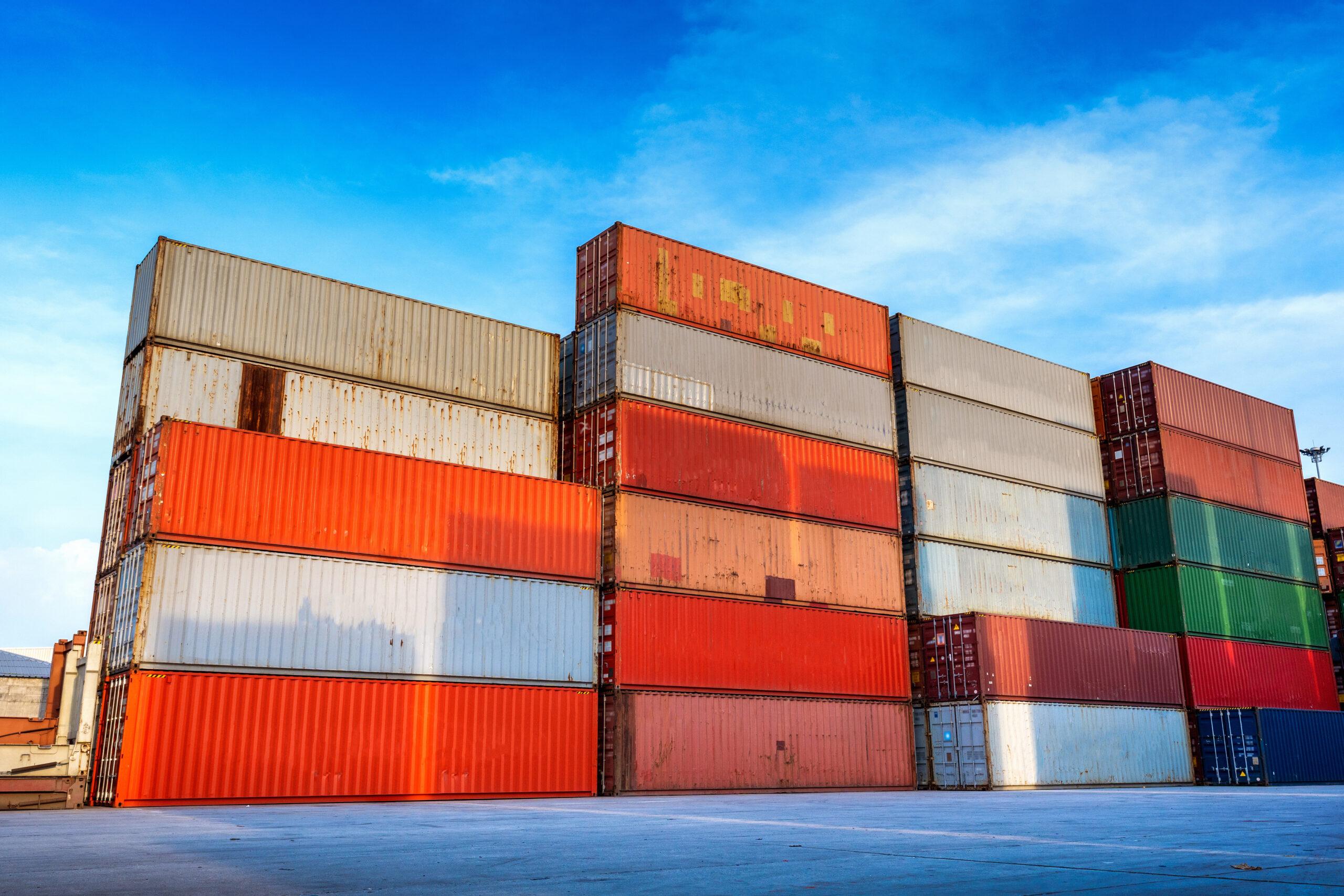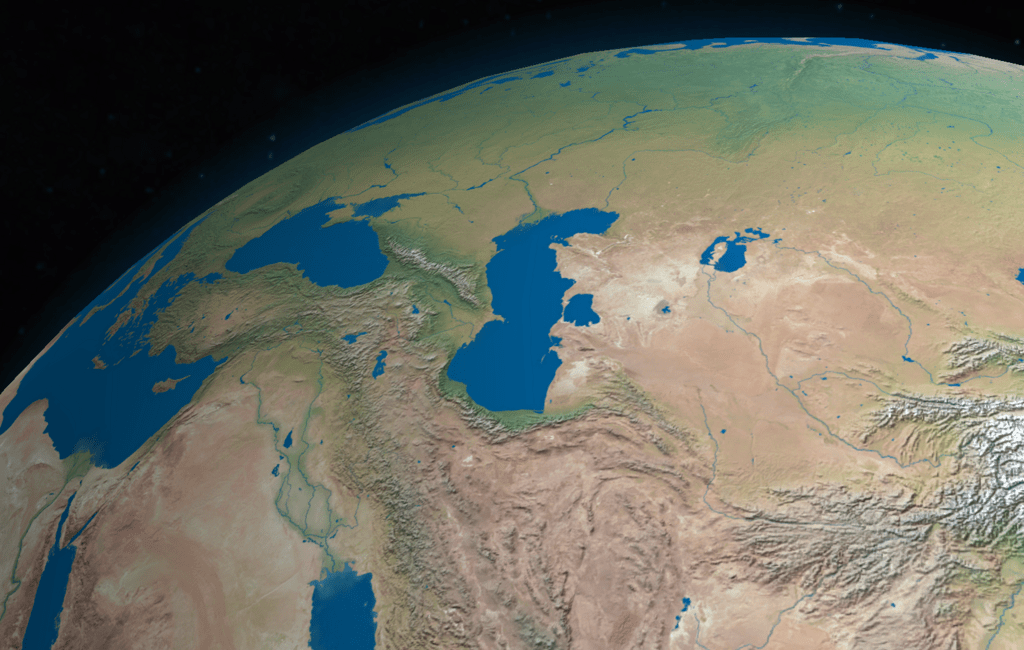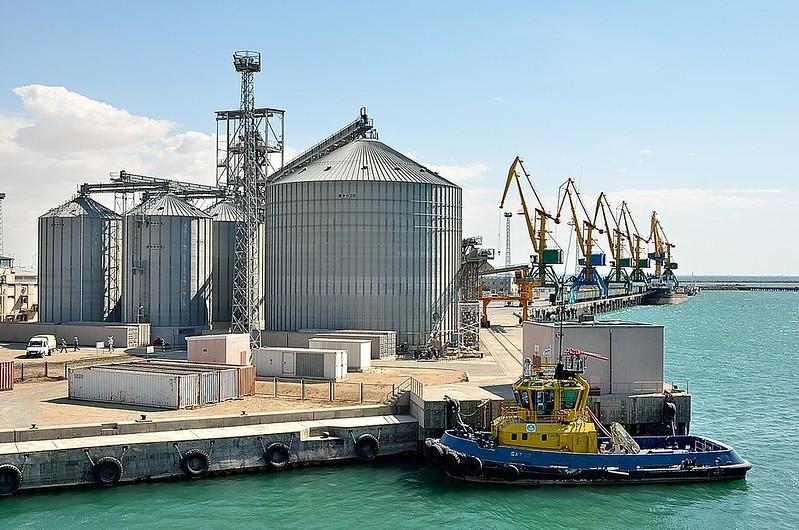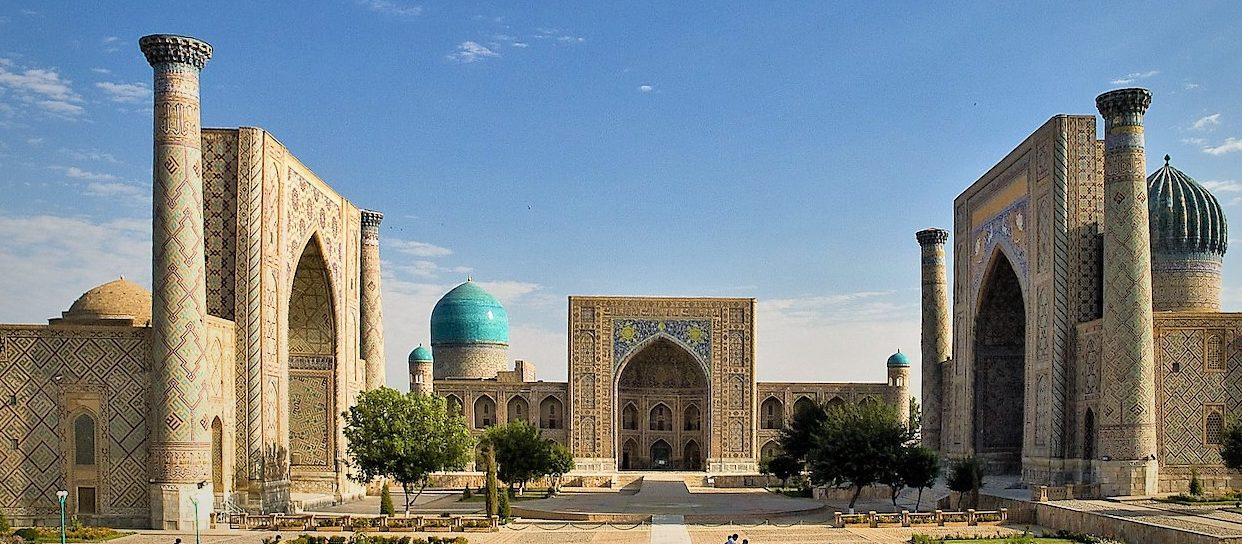
The Middle Corridor Initiative – Where Europe and Asia Meet
Over the past two years, geopolitical shifts in Eurasia have significantly impacted global supply chains, alongside various political and economic dynamics. The repercussions of Russia’s invasion of Ukraine and Houthi attacks on merchant ships in the Red Sea have led to serious discussions on the liability of different transport routes. There has been a visible redirection of cargo flow from northern to southern routes in the East-West direction, rendering traditional transport paths less relevant and sought for. Amidst the diminishing significance of the New Eurasian Land Bridge (NELB) or ‘Northern Corridor,’ a demand for alternative transport routes has emerged, with particular attention drawn to the Trans-Caspian International Transport Route (TITR), also called the ‘Middle Corridor.’



